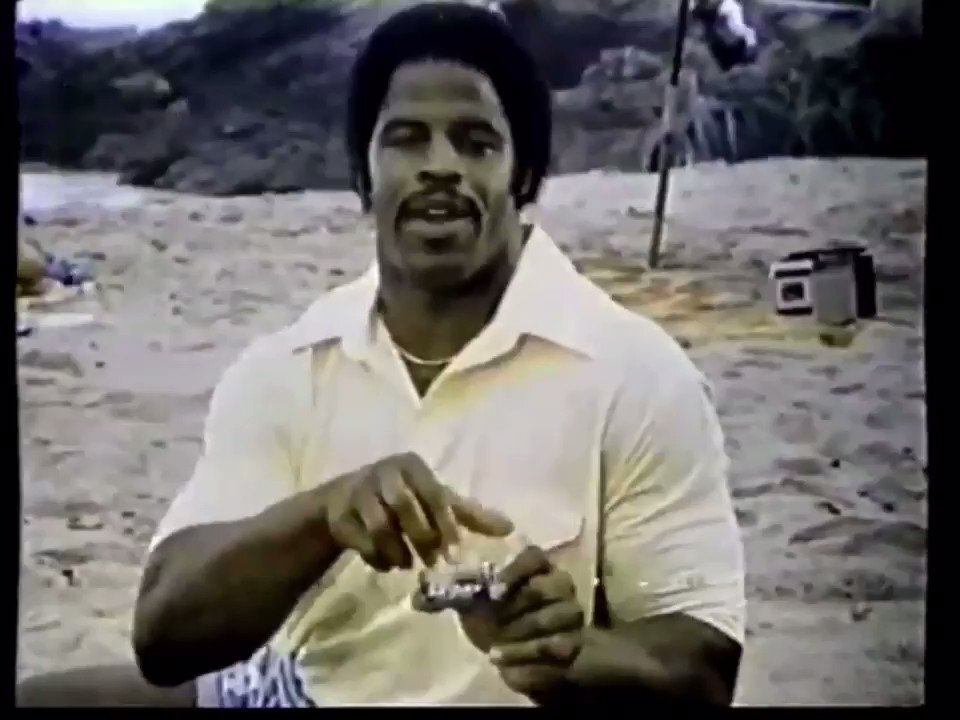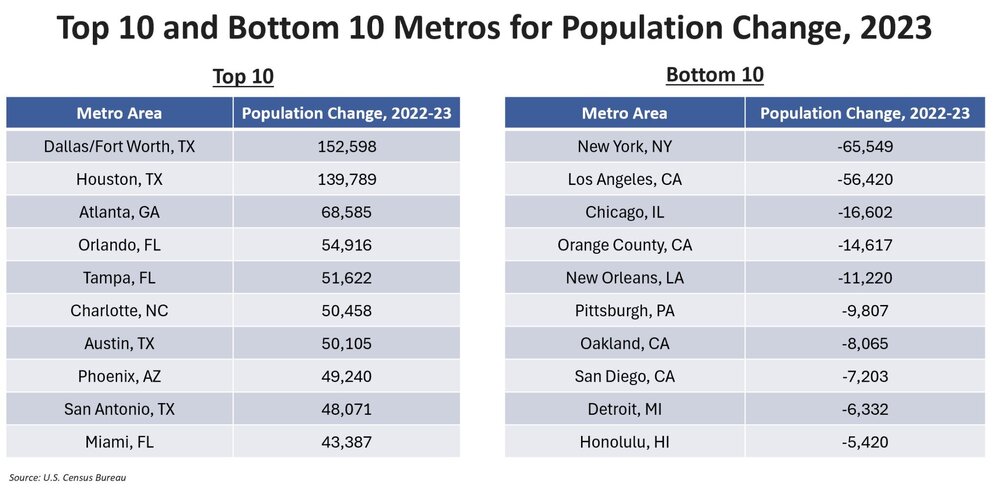Abigail Shrier just wrote a book relevant to this. I know she is controversial for her other book and takes related to LGBTQ, but her new book has nothing to do with it and makes a lot of points parents should ponder.
The book dives into trying to figure out why kids are having so many mental health problems, when there are so many resources devoted to improving mental health outcomes. Anxiety, depression, suicide, etc are all higher than they've ever been with kids, even though their lives are arguably better than ever before. It just doesn't make sense. A few key takeaways from the book:
A constant attention on how kids are "feeling" or "thinking" is causing negative outcomes. Constantly ruminating on your emotions and how you feel negatively impacts your mental health. If all you do is focus on your emotions, you are destined to be anxious or depressed. We incessantly ask kids how they're feeling, if they're happy, how their mental health is, etc, and this is creating kids who think they're fragile instead of resilient.
Trying to solve every problem for kids has caused a generation who can't do anything for themselves. Earlier generations were told to "suck it up" or "you'll live" or "rub some dirt on it" all the time. Many of us came to the conclusion this is "bad parenting" because our feelings were neglected, and we vowed not to do this to our own children. Because of that, kids immediately over-dramatize everything that happens to them, making mountains out of molehills, and thinking the world must revolve around their emotions and feelings.
You develop confidence and strong mental health by doing things, not by thinking or via therapy. You can't think your way out of anxiety. You don't gain confidence by analysis of your thoughts or mental health issues. You gain confidence and eliminate anxiety by doing gradually more difficult tasks, excelling at them, and realizing you are a competent, capable person. The non-stop attention therapy gives to these small, common emotions we all feel blows them out of proportion to their seriousness (not talking about genuine disorders here, just normal anxieties that millions of people go to therapy to try to avoid).
One of the best ways to decrease your happiness is to chase it. Our society constantly tells kids they should be "happy" and asks them if they are. Happiness isn't a state you should be in 24/7. That's not realistic. Joy and bliss aren't permanent states - they are fleeting. Contentment, stillness, and being even-keeled are much better goals to aim for mentally.
The happiest, most well adjusted kids come from families with loving parents that have rules and structure for the household.
Constantly surveying school-age kids about their mental health causes more issues than it solves. Mental health resources is big money. Districts need to validate all the resources allocated towards mental health, and they often do that via surveys. Asking kids non-stop questions like:
- Have you thought about self harm?
- Have you thought about suicide?
- Have you been so anxious you can't get out of bed? Etc, etc puts into their heads the idea that themselves, or many of their peers are broken and cannot function properly in the real world. It normalizes situations that would be incredibly rare at any other time in history.






